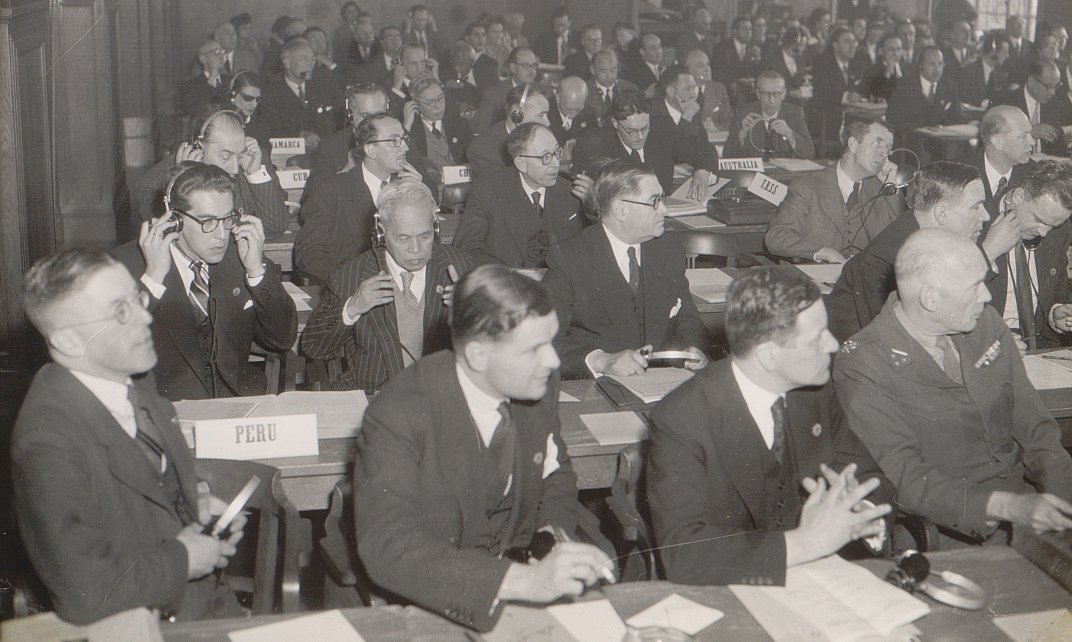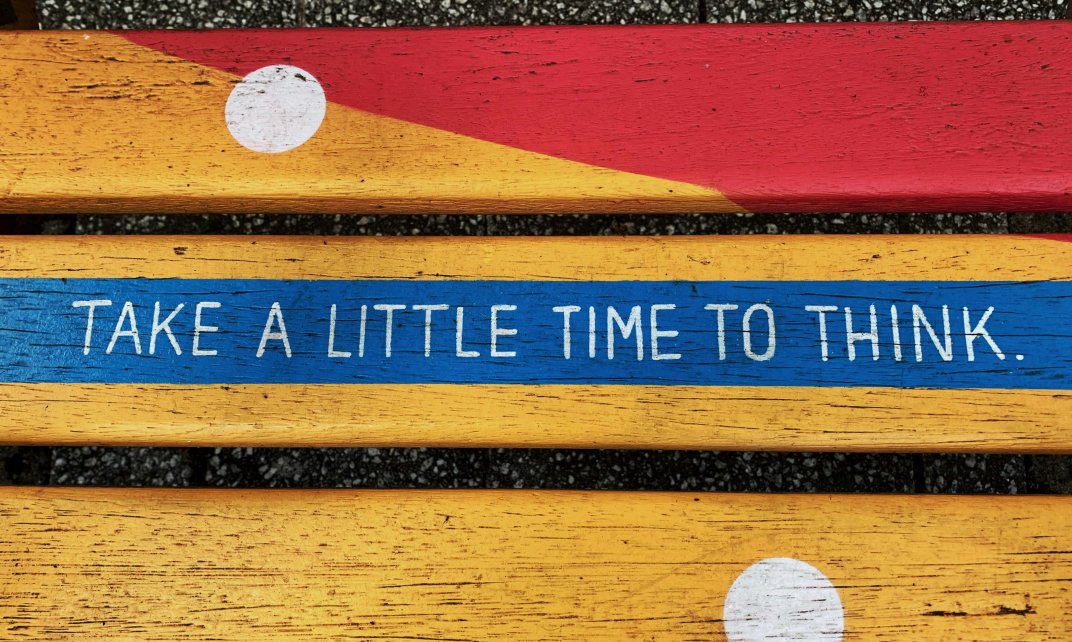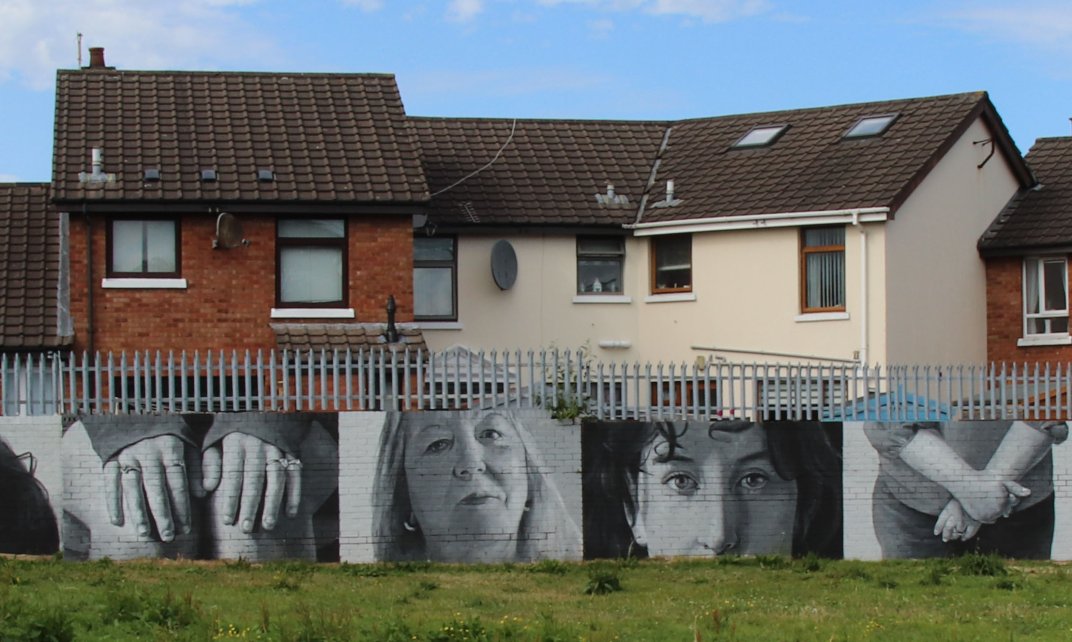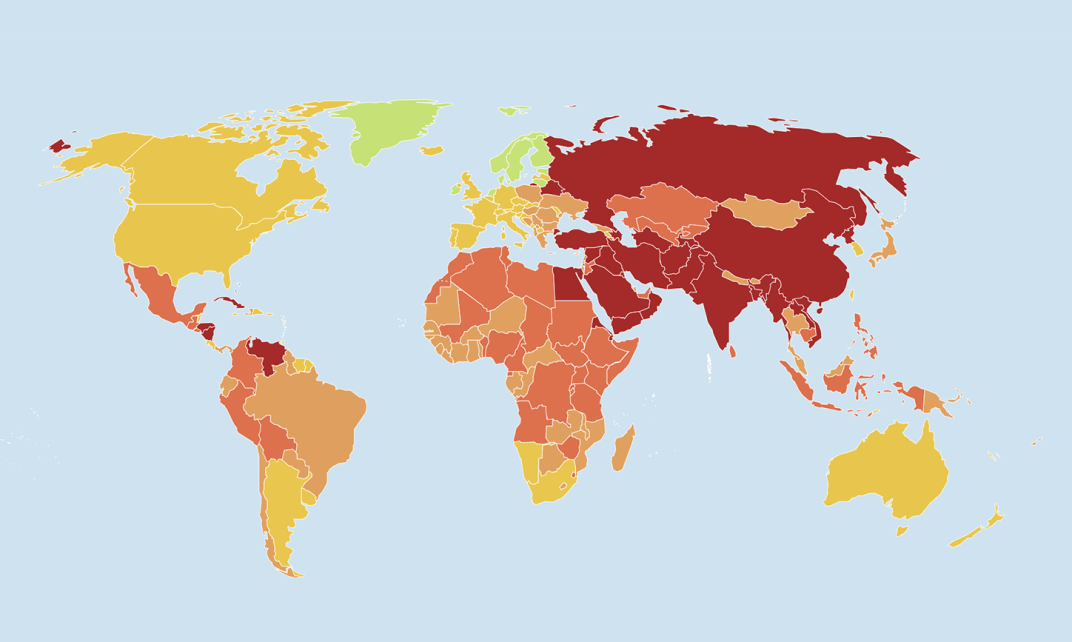
Unesco-leerstoelen (chairs) maken deel uit van een mondiaal netwerk dat bestaat sinds 1992 en onderzoek, onderwijs en capaciteitsopbouw bevordert rondom thema’s als duurzaamheid, mensenrechten en cultuur. De meer dan 900 chairs wereldwijd faciliteren de uitwisseling en toepassing van kennis om de doelen van Unesco te realiseren. Leidend zijn de Duurzame Ontwikkelingsdoelen (SDGs) van de VN.
De Commissie neemt aanvragen op het terrein van immaterieel erfgoed in overweging, en let hierbij met name op affiniteit met het thema diversiteit en inclusie.
Waarom immaterieel erfgoed?
Tradities, ambachten en rituelen zijn voorbeelden van immaterieel erfgoed, erfgoed dat mensen graag willen overdragen aan volgende generaties. Zulk erfgoed staat dicht bij ons en drukt iets uit over wie wij (willen) zijn. Tegelijk bestaan er in de samenleving verschillende ideeën over immaterieel erfgoed: welke zaken zeggen nu het meest over onze (veranderende) identiteiten? En wat verdient extra aandacht? De Nederlandse Unesco Commissie vindt het juist vanwege deze diversiteit aan opvattingen belangrijk dat gesprekken en beslissingen over immaterieel erfgoed op inclusieve wijze tot stand komen. Iedereen moet kunnen participeren. Vooral nieuw erfgoed heeft de potentie om groepen aan te spreken die voorheen minder werden bediend door het veld, en op deze wijze nieuwe sociale verbindingen te maken.
Een Unesco-leerstoel gericht op immaterieel erfgoed kan een bijdrage leveren aan de wereldwijde kennisopbouw en samenwerking op het gebied van nieuw erfgoed. De Commissie verwelkomt aanvragen met de volgende kenmerken:
- Wetenschappelijke kwaliteit
- Maatschappelijke relevantie en een stevige inzet op valorisatie
- Transdisciplinair karakter en gericht op samenwerking met de Global South
- Toekomstbestendig, ook financieel (Unesco kan niet voorzien in financiering)
Meer informatie en aanvraagprocedure
De Unesco Commissie selecteert aanvragen en dient deze in bij het Secretariaat van Unesco in Parijs dat nieuwe leerstoelaanvragen beoordeelt.
De Commissie hanteert in 2023 de volgende deadlines voor aanvragen:
- 13 januari - uiting van blijk van belangstelling aan het bureau van de Commissie via info@unesco.nl.
- 10 maart - indienen aanvraagdossier bij het bureau van de Commissie. De Commissie evalueert de aanvraag. Kandidaten kunnen hierna een kans krijgen de aanvraag nog aan te passen.
- 30 april - de Commissie dient aanvragen in bij Unesco in Parijs.
Meer informatie over het Unesco-leerstoelenprogramma vind u hier. Een overzicht van de bestaande Unesco-leerstoelen in Nederland treft u hier.
De Engelstalige programmarichtlijn en beoordelingscriteria vindt u op de website van Unesco.
Voor meer informatie kunt u contact opnemen met Jon Verriet, adviseur wetenschap, via info@unesco.nl
The Netherlands Commission for Unesco invites applications for a Unesco Chair in Intangible Heritage
Unesco Chairs are part of a global network that has existed since 1992 and promotes research, education and capacity building on themes such as sustainability, human rights and culture. More than 900 Unesco Chairs worldwide facilitate the exchange and application of knowledge to realize Unesco's goals. The Sustainable Development Goals (SDGs) of the UN form the basis of their work.
The Commission will consider applications in the field of intangible heritage, paying particular attention to affinity with the theme of diversity and inclusion.
Why intangible heritage?
Traditions, crafts and rituals are examples of intangible heritage, heritage that people would like to see pass on to future generations. Such heritage is dear to us and expresses something about who we (want to) be. At the same time, society hosts different ideas about intangible heritage: which things say the most about our (changing) identities? And what deserves extra attention? Precisely because of this diversity of views, the Netherlands Commission for Unesco considers it important that discussions and decisions about intangible heritage take place in an inclusive manner. Everyone must be able to participate. New heritage in particular has the potential to appeal to groups that the field has failed to recognize in the past, and in this way create new social connections.
A Unesco chair focused on intangible heritage can contribute to global knowledge building and cooperation in the field of new heritage. The Commission welcomes applications with the following characteristics:
- Scientific quality
- Social relevance and a strong commitment to science communication
- Transdisciplinary character and focus on cooperation with the Global South
- Future-proof, also financially (Unesco cannot provide funding)
More information and application procedure
The Netherlands Commission for Unesco is able to select applications and submit them to the international secretariat of Unesco in Paris. This secretariat is tasked with assessing new Chair applications.
The Commission has set the following application deadlines for 2023:
- 13 January - expression of interest to the bureau of the Commission via info@unesco.nl.
- 10 March - submit application file to the bureau of the Commission. The Commission evaluates the application. Candidates can be given a chance to amend the application.
- 30 April - the Commission submits applications to Unesco in Paris.
More information about the Unesco Chairs program can be found here.
An overview of current Unesco Chairs in the Netherlands can be found here.
The guidelines and assessment criteria for the Chairs programme can be found on the international Unesco website.
For more information, please contact Jon Verriet, science advisor, at info@unesco.nl



